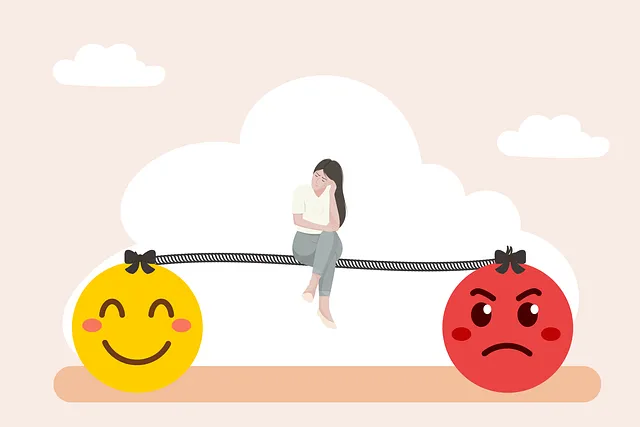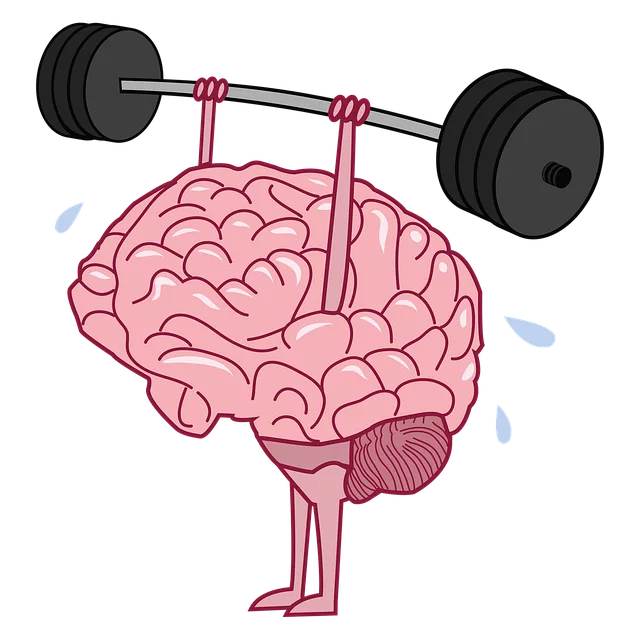Cultural sensitivity is paramount in mental healthcare, especially within diverse communities like Lafayette, where Kaiser provides services. By evaluating and enhancing therapists' cultural competence through education on communication strategies, emotional intelligence, and understanding unique expression of emotions across backgrounds, Kaiser ensures effective and accessible care for all. This commitment to diversity, equity, and inclusion (DEI) improves patient outcomes, fosters trust, and makes Kaiser's therapists in Lafayette potentially ideal choices for diverse clients seeking tailored, culturally responsive therapy.
Cultural sensitivity is a cornerstone of effective mental healthcare, ensuring patients from diverse backgrounds receive tailored, compassionate treatment. This article explores this vital aspect, focusing on how organizations like Kaiser are training and hiring therapists in diverse communities. We delve into patient outcomes and ask: Does cultural sensitivity truly make a difference? Leveraging Kaiser’s approach as a model, we investigate if their strategies result in improved care, especially for patients in Lafayette seeking therapists who understand their unique cultural contexts.
- Understanding Cultural Sensitivity in Mental Healthcare
- Kaiser's Approach to Training and Hiring Therapists in Diverse Communities
- Patient Outcomes: Does Cultural Sensitivity Make a Difference?
Understanding Cultural Sensitivity in Mental Healthcare

Cultural sensitivity in mental healthcare is a critical aspect that goes beyond simply providing treatment; it’s about understanding and respecting diverse belief systems, values, and traditions. In communities like Lafayette where Kaiser offers mental health services, evaluating if their therapists are culturally competent is essential. This involves recognizing that individuals from different cultural backgrounds may express emotions, communicate issues, and seek help in unique ways. For instance, what might be considered a sign of distress in one culture could be perceived differently in another. Therefore, therapists must be adept at adjusting their approach to create an environment where clients feel safe and understood.
Mental health education programs designed with cultural sensitivity in mind can equip professionals like those at Kaiser with communication strategies that foster trust and rapport. Emotional intelligence, a key component of this training, allows therapists to recognize and appreciate the impact of cultural factors on mental well-being. By integrating these insights into their practice, therapists not only improve client outcomes but also ensure that services are accessible and effective for all, regardless of their cultural or ethnic background, including those who might be seeking out good therapists at Kaiser in Lafayette.
Kaiser's Approach to Training and Hiring Therapists in Diverse Communities

Kaiser, a leading healthcare provider, has made significant strides in fostering cultural sensitivity within its mental healthcare services. Their comprehensive approach to training and hiring therapists is particularly noteworthy, especially when considering the diverse communities they serve, including the search for good therapists in Lafayette. By prioritizing diversity, equity, and inclusion (DEI), Kaiser ensures their therapy teams reflect the rich tapestry of their patient population.
This commitment translates into tailored training programs that educate therapists on cultural competence, emotional regulation, and empathy-building strategies. Therapists learn to navigate complex issues related to self-care routine development for better mental health, especially when working with clients from various ethnic backgrounds and cultures. Kaiser’s dedication to these initiatives ultimately improves patient outcomes and creates a more inclusive and effective therapeutic environment.
Patient Outcomes: Does Cultural Sensitivity Make a Difference?

In the context of mental healthcare, cultural sensitivity is a critical component that significantly influences patient outcomes. When therapists demonstrate an understanding and appreciation for their patients’ cultural backgrounds, it fosters trust and creates a safe space for individuals to openly discuss their emotional healing processes. This is especially relevant when considering diverse communities, such as those in areas like Lafayette, where the Kaiser network is known for its good therapists. Patients from various ethnic and cultural groups may have unique perspectives on mental health issues and seek support through lenses shaped by their traditions and experiences.
Cultural sensitivity enables healthcare providers to adapt their approaches, ensuring that Social Skills Training and Public Awareness Campaigns Development are tailored to meet the specific needs of each individual. By embracing diversity and incorporating cultural competency into practice, therapists can improve patient satisfaction and outcomes. Research suggests that culturally responsive care promotes better engagement in therapy, enhances the effectiveness of interventions, and contributes to more positive emotional healing processes for all patients, regardless of their background.
Cultural sensitivity in mental healthcare is no longer a consideration, but an essential element for improving patient outcomes and ensuring equal access to care. As demonstrated by Kaiser’s innovative training and hiring practices in diverse communities, organizations like theirs are setting benchmarks for the industry. By prioritizing cultural competency, Kaiser not only improves satisfaction among patients from various backgrounds but also increases the effectiveness of therapy. Research suggests that culturally sensitive care can lead to better treatment adherence and positive patient outcomes, answering the question: does cultural sensitivity make a difference? When it comes to finding good therapists in Lafayette or any diverse community, looking for practices that value and integrate cultural sensitivity is sure to yield more rewarding results.






